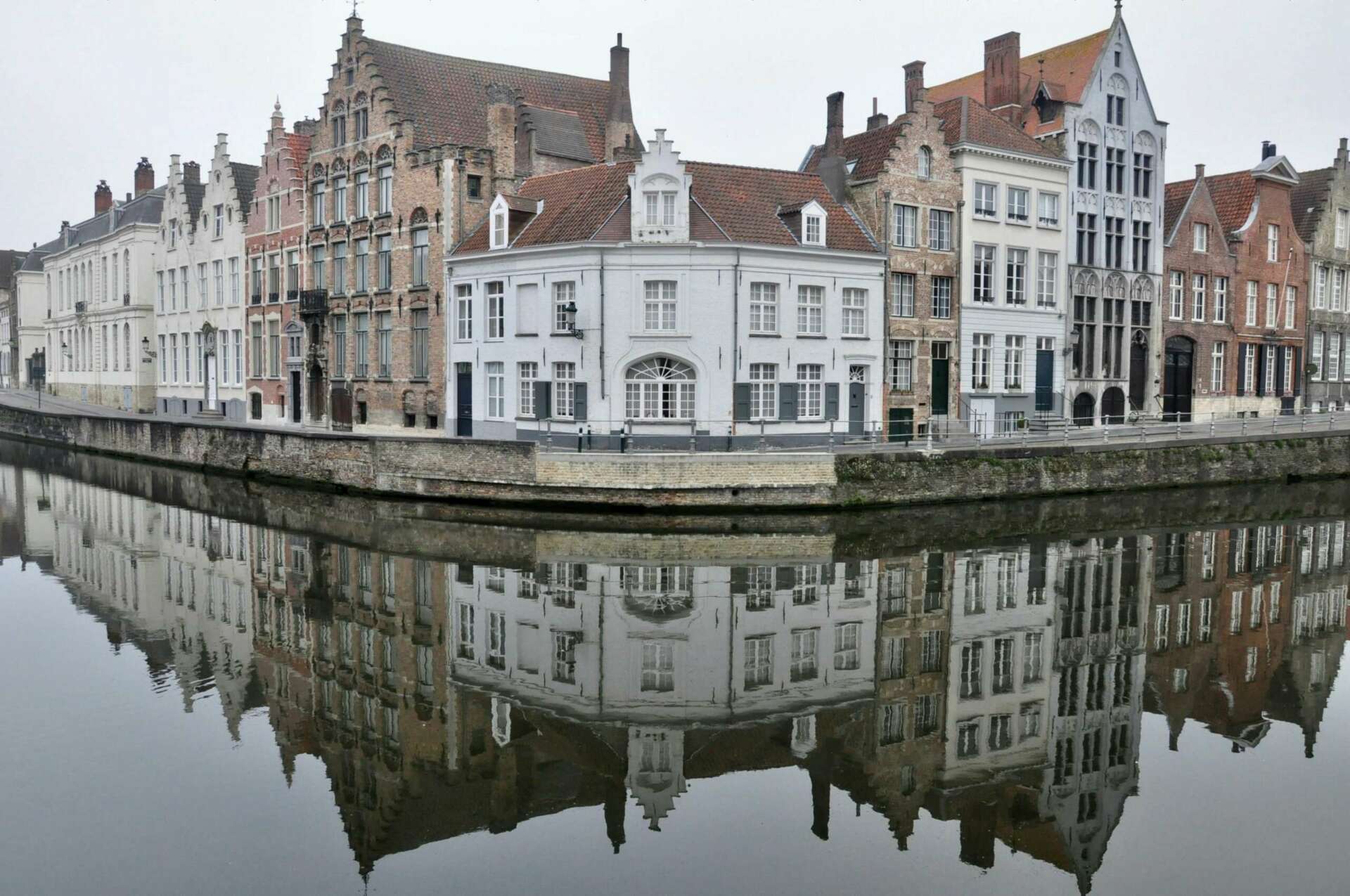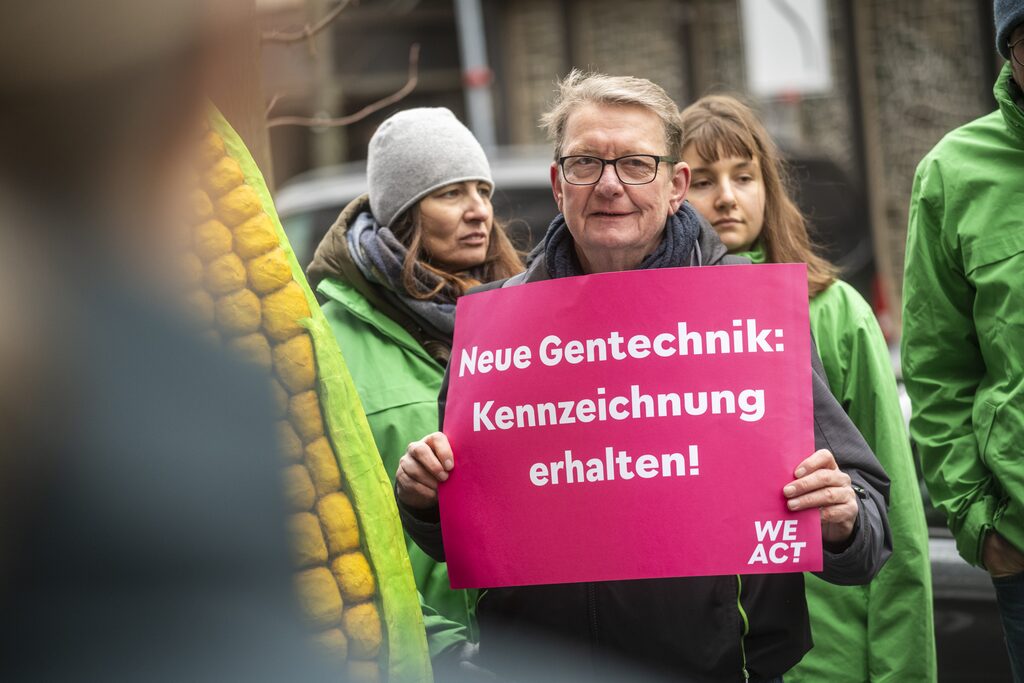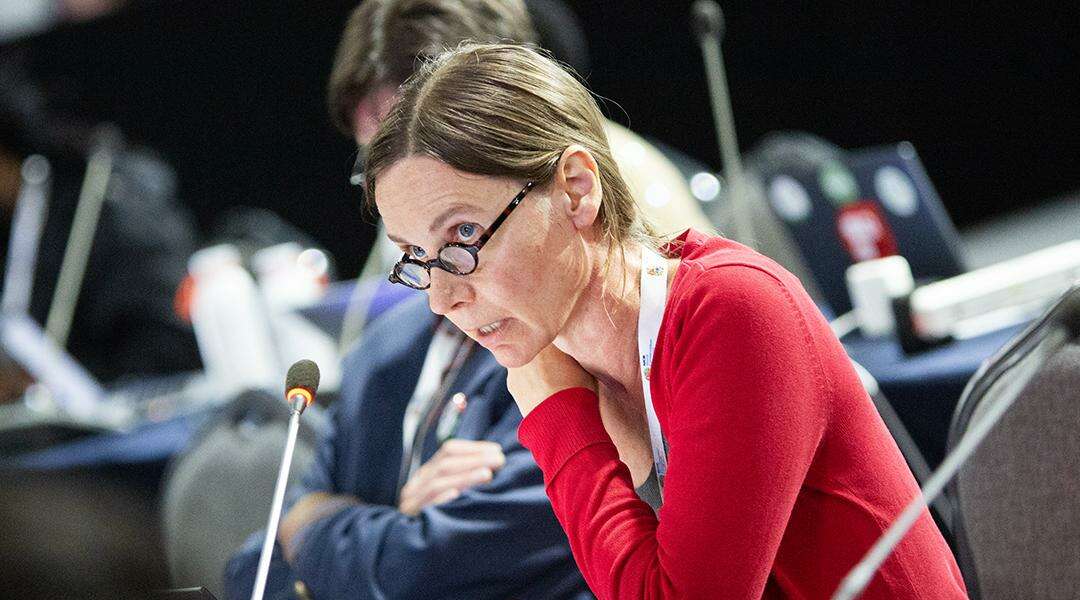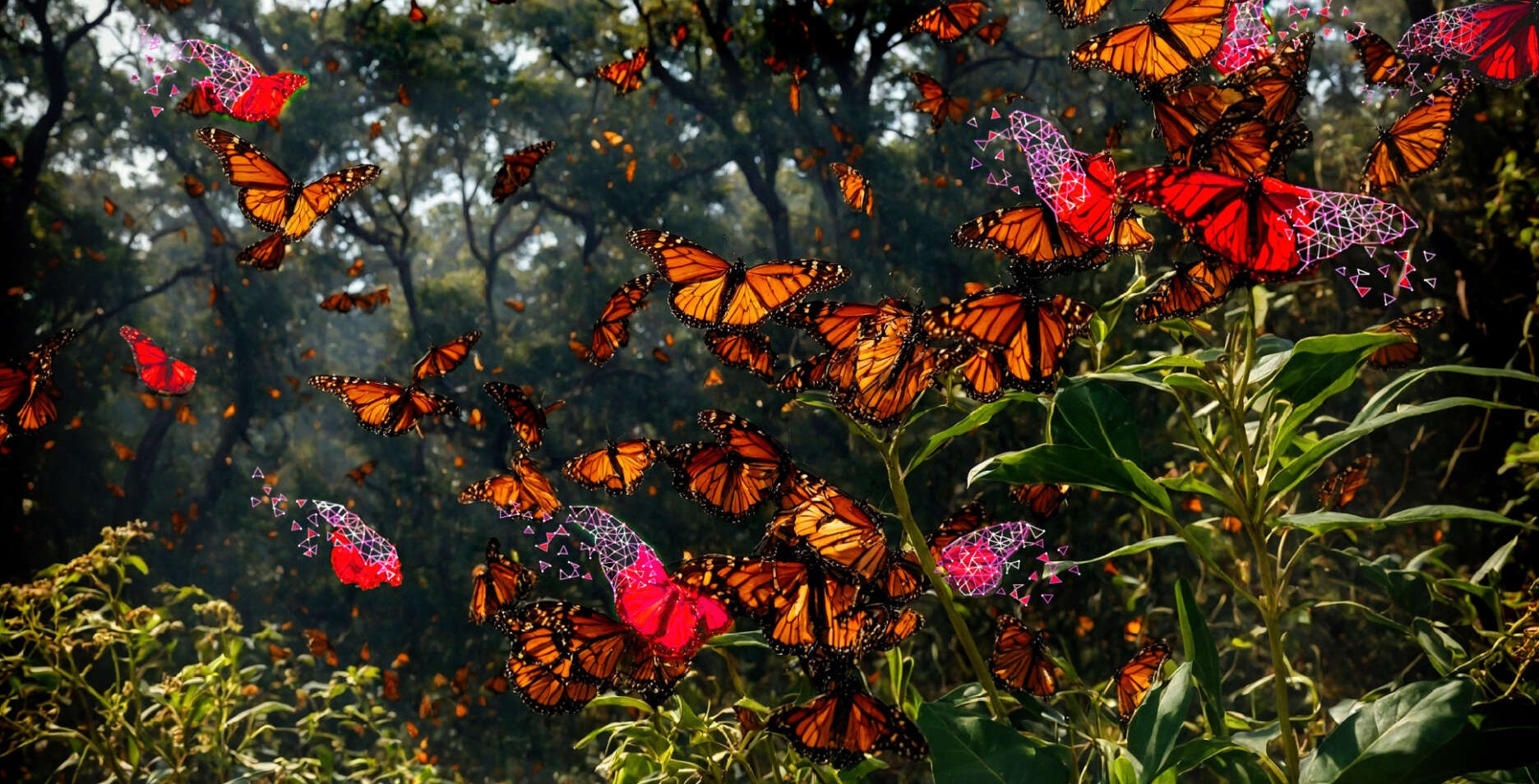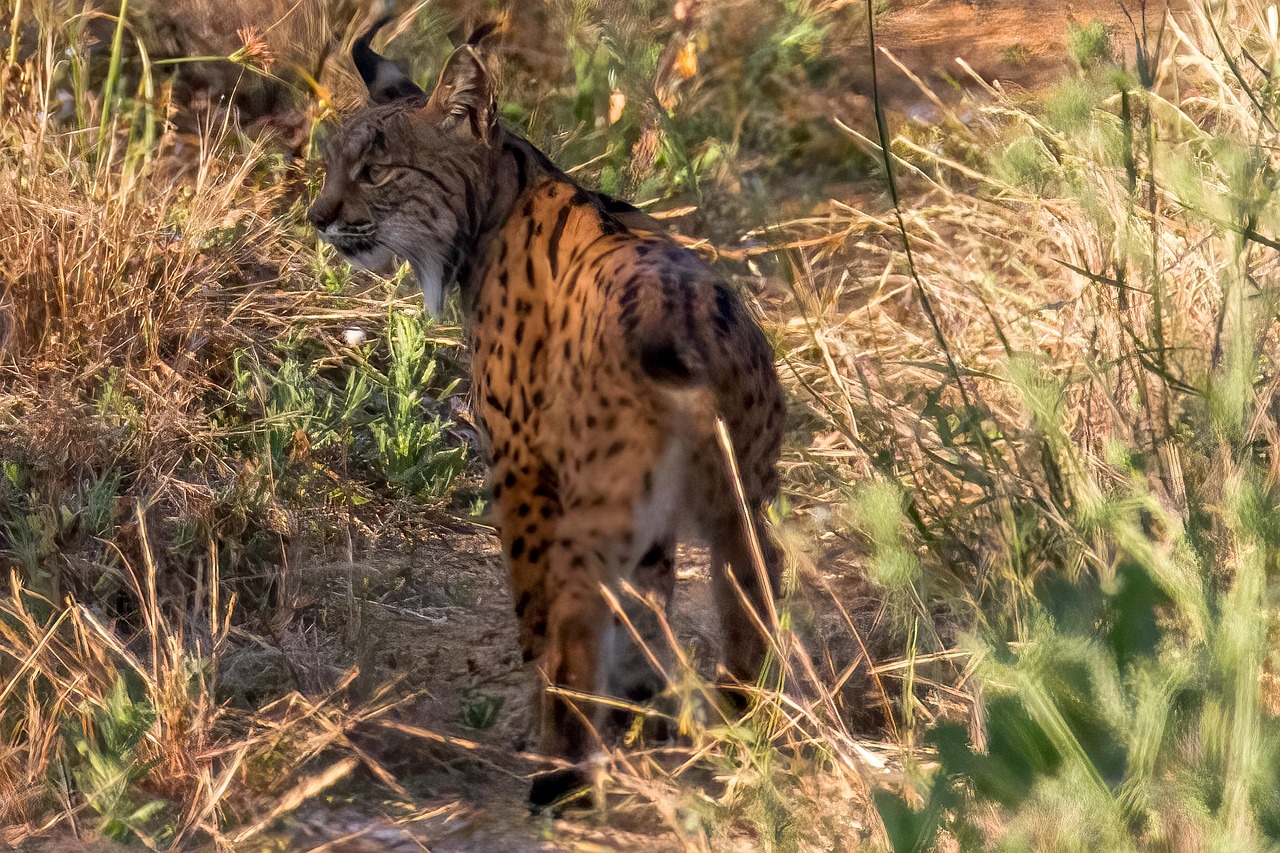As scientists and environmentalists grapple with synthetic biology, a crucial debate failed to materialize at the IUCN regional meeting in Bruges, Belgium. Instead, the meeting revealed significant concerns about the organization’s policy development process on synthetic biology and its implications for nature conservation.
A process under scrutiny
Despite IUCN Chief Scientist Tom Brooks characterizing it as „the most participatory process the IUCN ever had,“ many members are raising red flags. During a recent side event – that explicitly aimed to merely talk about the process; not the content of the policy – Dr. Ricarda Steinbrecher voiced a concern that echoes throughout the conservation community: „This topic is so complex, and something is lacking in the process. How can members vote on a policy in 2025 when many still haven’t grasped what synthetic biology truly entails?“
The path to policy — a rocky road
The journey began in 2021 in Marseille with Resolution 123, which called for a balanced working group representing diverse perspectives, genders, regions, and knowledge systems. However, the implementation has sparked controversy. Instead of relying solely on this comprehensive group, the Secretariat:
- Created a separate ‘Citizens Council‘ of just 15 IUCN members
- Partnered with the International Centre for Genetic Engineering and Biotechnology (ICGEB) for training workshops—a decision that raised eyebrows due to potential conflict of interest
- Drew criticism from over 80 NGOs who called for a halt to the process, citing concerns about participation and transparency
The current draft — more questions than answers
The draft policy, to be presented at the World Conservation Congress in Abu Dhabi in October 2025, has significant shortcomings in its current form:
- Uses overly broad definitions of synthetic biology
- Avoids specific references to concrete technologies like Gene Drives
- Lacks clear guidelines on risk assessment and cut-off criteria
- Relies heavily on case-by-case assessments without establishing firm frameworks
The stakes are high
As one IUCN member pointedly noted, transparency requires explicit discussion of genetic engineering in the wild. The current approach risks creating a “zero impact document“ that could be interpreted in vastly different ways by governments, industry, and other stakeholders.
Time for action
The window for meaningful debate is closing rapidly. A growing coalition of NGOs is already mobilising to push for strong regulations that prioritise ecological and ethical standards.

